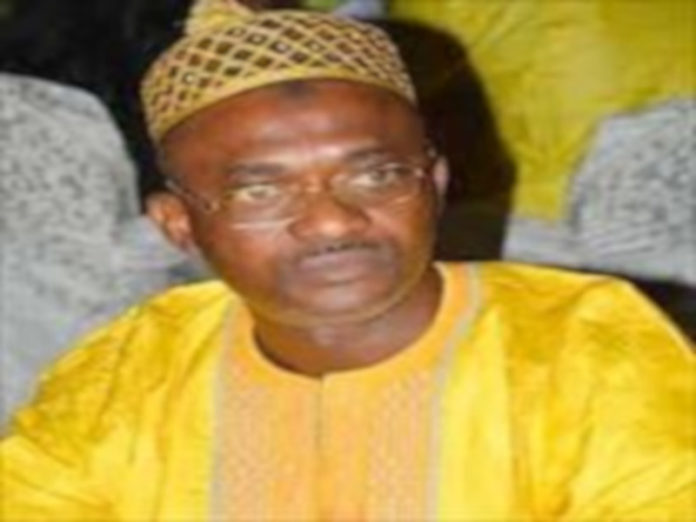By Yankuba Jallow
Lawyers in the civil case involving Sheriffo Sonko, the Chairperson of Brikama Area Council (BAC) and the Independent Electoral Commission have on Tuesday, 26th January 2021 made their final submissions before the Supreme Court.
The apex court will decide on whether section 19 (1) (g) of the Local Government is constitutional or not.
Lawyer Ida Drammeh for Sheriffo Sonko said the Plaintiff (Sonko) has constitutional right to association under section 25. She submitted that in interpreting section 19 (1) (g) the Court should do so in consideration of the light and spirit of the Constitution particularly sections 25 and 194.
She pointed out that before the councillors were responsible for appointing chairpersons but since after the amendment on the constitution in 2017, the position is now for elections.
She presented that there was an amendment on the Constitution regarding the members of the National Assembly on the same subject matter, which is no member of the National Assembly would lose his or her seat on basis of party expulsion.
She argued that chairpersons have larger constituencies than members of the National Assembly. She put forward that section 19 (1) (g) which requires a chairperson to lose his or her seat based on losing membership of a political party cannot be interpreted to ignore the mandate of the populace.
“You cannot read section 19 (1) (g) without having regard to section 194 of the Constitution,” She said.
Lawyer Drammeh said it cannot be a law that a party alone is given the power to sack a Chairperson ignoring the populace – the villages, the wards and the constituencies that elected him.
“The amendment of section 191 of Constitution relating to removal of members of the National Assembly should have a bearing on the Chairperson because it is in the spirit of the Constitution,” She said.
She said section 19 (1) (g) should be read in the light and spirit of the Constitution.
Lawyer Kebba Sanyang for the IEC said the electoral body received a letter from UDP indicating that Chairperson Sonko ceases to be a member of their party and thus, his position is vacant. He added that the party also sent the IEC another letter stating that they have rescinded their previous position.
“One is saying there is vacancy and the other is saying there is no vacancy. It has created doubt on the side of the IEC [on what to believe],” Sanyang said.
He explained that the communication should have come from the Council. He said there is division at the Council level where one is saying the seat of chairperson is vacant while the other is saying there is no vacancy.
He told the court that if the IEC is to go by section 19 (1) (g), obviously a by-election should be conducted in the area whereas section 194 of the Constitution as amended provides for direct elections of the Chairperson.
Lawyer Sanyang said the provisions of Local Government Act cannot override or supersede the Constitution as provided under section 4.
“The two laws are saying different things,” Sanyang said.
Sanyang submitted that the provisions of section 19 (1) (g) of the Local Government Act is inconsistent with the provision of section 194 of the Constitution.
He said it is not right for people to vote for a chairperson and allow a political party to expel him or her and then he or she loses his seat.
“Parties do not consult with the people and therefore, in consistent with 194,” Sanyang said.
Lawyer Kimbeng T. Tah for the Attorney General said they were only invited to deliberate on whether the provision of the Local Government Act on section 19 (1) (g) is inconsistent with section 194 Constitution.
“Section 194 (1) (c) does not invalid section 19 (1) (c),” Kah said.
He hinted that if they were allowed to deliberate on the issue in detail their position would be section 19 (1) (c) is not in line with the letter and spirit of the 1997 Constitution considering sections 25 and other provisions. However, he said he cannot deliberate on the issue since his invitation was limited to argue on whether 19 (1) (g) contravenes section 194 Constitution.
The case was adjourned for judgment and the date will be communicated to the parties.


















